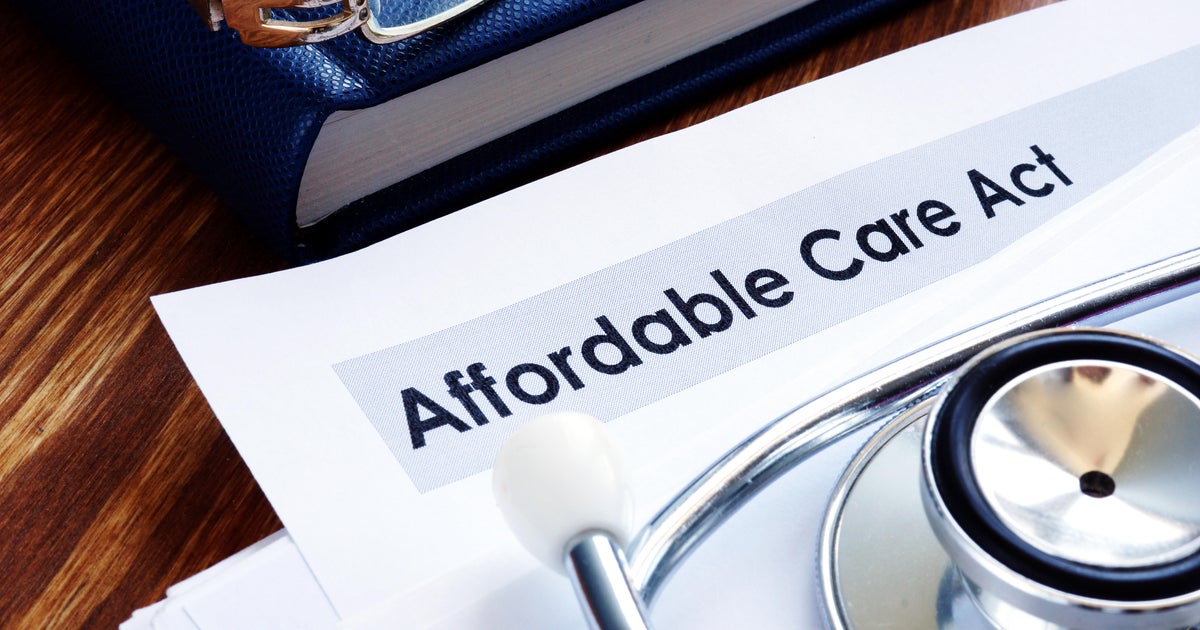Obamacare Tax Time: Fraud Warning for Enrollees
Tax season is here, and for millions of Americans enrolled in the Affordable Care Act (ACA), also known as Obamacare, it's a time to carefully review their healthcare coverage and tax documents. However, this year brings a crucial warning: a significant rise in ACA-related fraud schemes targeting unsuspecting enrollees. The IRS and healthcare agencies are urging caution and vigilance.
This article will outline the common scams circulating, provide tips to protect yourself, and explain what actions to take if you suspect fraud.
The Growing Threat of ACA-Related Fraud
The increase in ACA enrollment has unfortunately coincided with a surge in fraudulent activities. Scammers are exploiting the complexities of the healthcare system and tax regulations to prey on vulnerable individuals. These scams often involve:
- Phishing Emails and Texts: These messages often impersonate the IRS, healthcare providers, or ACA enrollment agencies. They typically request personal information, such as Social Security numbers, bank account details, and health insurance information, under the guise of verifying enrollment or processing tax credits.
- Fake Websites: Scammers create websites that mimic legitimate ACA enrollment portals or government websites. These sites are designed to steal personal information when users attempt to access or update their accounts.
- Identity Theft: Fraudsters can use stolen information to file fraudulent tax returns, claiming tax credits intended for legitimate ACA enrollees. This can result in delays in receiving legitimate refunds and potential legal consequences.
- Advance Fee Scams: Some scammers promise to help individuals obtain ACA subsidies or navigate the enrollment process in exchange for an upfront fee. These services are often unnecessary, and the scammers disappear after receiving payment.
Protecting Yourself from ACA-Related Fraud
Staying safe during tax season requires diligence and awareness. Here's how to protect yourself:
- Verify the Source: Never click on links or open attachments from unknown or suspicious sources. Always independently verify the authenticity of emails, texts, and websites by visiting the official websites of the IRS (irs.gov) and the HealthCare.gov (healthcare.gov).
- Be Wary of Unsolicited Calls and Emails: Legitimate agencies rarely initiate contact asking for personal information. If you receive a call or email requesting sensitive details, hang up or delete the message immediately.
- Use Strong Passwords: Create unique and strong passwords for all online accounts, including healthcare portals and tax software.
- Monitor Your Accounts: Regularly review your bank statements, tax records, and healthcare insurance information for any unauthorized activity.
- File Your Taxes Early: Filing early can help you detect fraudulent activity sooner. This gives you more time to address any discrepancies with the IRS.
What to Do if You Suspect Fraud
If you suspect you've been a victim of ACA-related fraud, take the following steps:
- Report to the IRS: Contact the IRS immediately to report the fraudulent activity. You can find their contact information on irs.gov.
- Report to the FTC: Report the incident to the Federal Trade Commission (FTC) at ftc.gov.
- Change Your Passwords: Immediately change the passwords for all your online accounts.
- Monitor Your Credit: Place a fraud alert or security freeze on your credit reports to prevent identity theft.
- Consult with a Tax Professional: Seek guidance from a qualified tax professional to help you resolve any tax-related issues resulting from the fraud.
Staying informed and taking proactive measures are crucial to protecting yourself from ACA-related fraud. By being vigilant and reporting suspicious activity, you can help safeguard your financial and personal information during tax season.
Related Resources:
Disclaimer: This article is for informational purposes only and does not constitute legal or financial advice. Consult with qualified professionals for personalized guidance.

